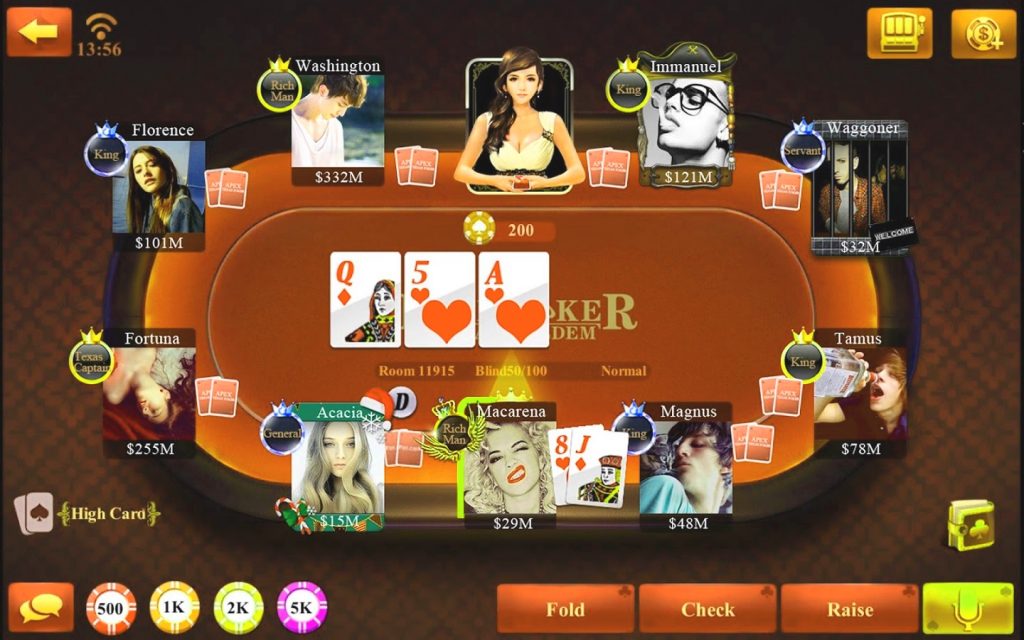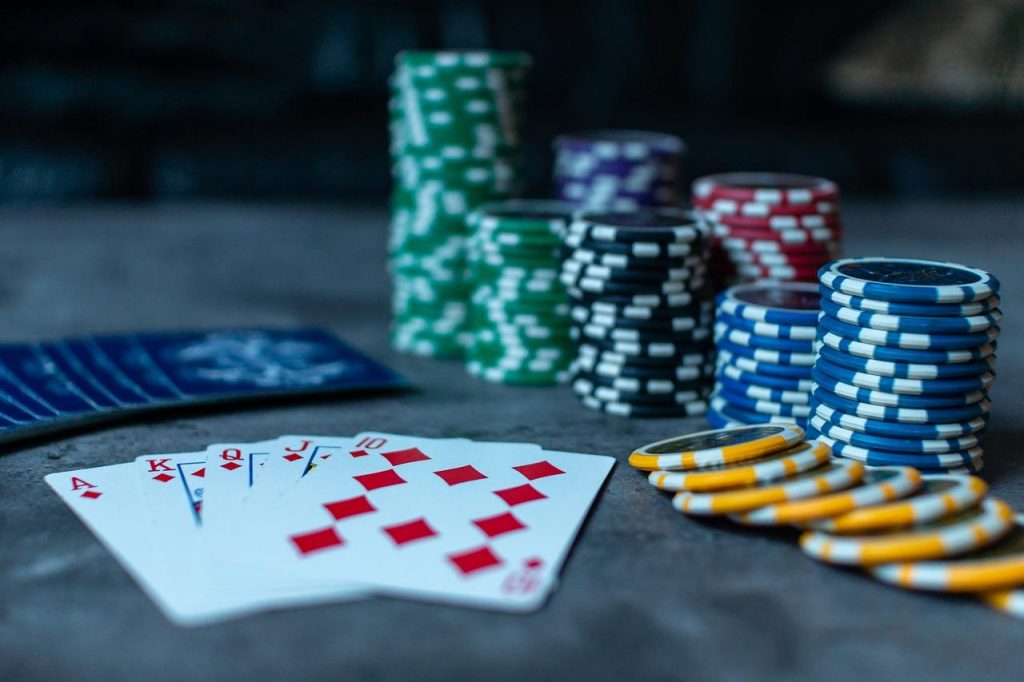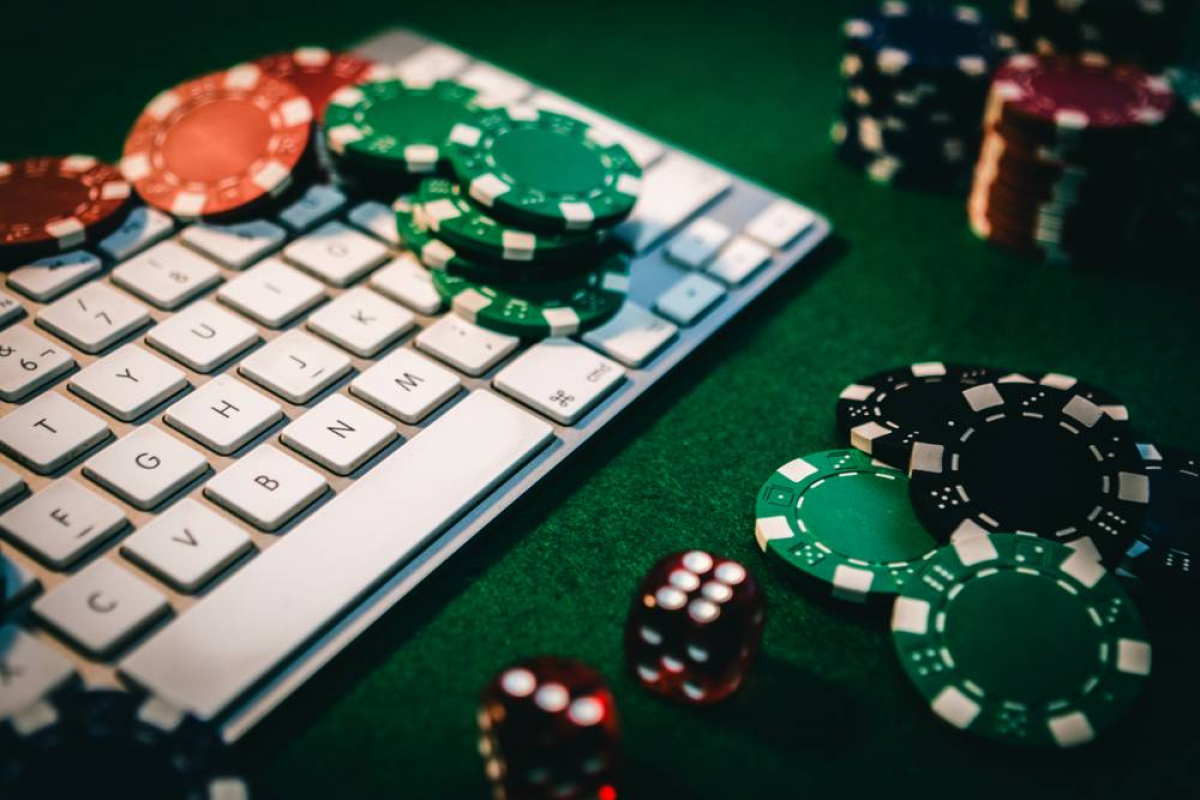Poker is much more than a simple game of money and cowboy. Its virtues have been put forward for some time, and its benefits are no longer to be proven! Playing poker can improve many aspects of your personal and professional life. Find out which ones!
A good poker player must know how to use many human faculties. Poker is a subtle game that requires a lot of skills. You have to know how to count, understand, think, analyze, project, decode the emotions and reactions of other players, control yourself, and act when necessary. It’s a game of patience, listening, endurance, tolerance, empathy, and tenacity. Far from prejudices, discover why it’s beneficial to play poker. However, you should beware of the addictions generated by gambling.
A Better Social Life

Although you play for yourself, poker is not a solitary game. It involves spending time with other people and empathizing with them. By observing the reactions and emotions of others, you can better understand how they function. This is a beneficial quality in a professional and personal setting. Empathy facilitates communication and understanding over dinner with friends or in a business meeting. A good poker player is no longer self-centered, but is more open to others. A quality that is increasingly rare in a society that advocates individualism! The social role of poker is no longer in question. It is also a game that teaches how to defuse conflicts. It’s in the players’ best interest not to let themselves be destabilized by affronts and provocations. Although emotion and ego are at stake, one should not react impulsively but learn to put things in perspective. Conflicts are rationalized and taken in perspective.
A Beneficial Cerebral Gymnastics
Poker is a game of strategy. It allows you to develop logical reasoning. To win, you have to be rational and reactive. Evaluation of risks, calculation of probabilities, and money management, the brain is largely solicited! A cerebral gymnastics that is beneficial daily. A poker player must also put himself in a learning position. He must learn from his actions according to the results they generate. Learning from your mistakes is essential, whether in poker or real life. The ability to learn is not always innate and poker allows you to develop it.
A Reinforced Self-control

Poker also allows you to work on yourself. First, it develops patience, because in this game the results are not immediate. When the game is not in favor of the player, he must not let anything show on the moment. To have a chance of maximizing his winnings, he must also be patient in the long run. In life, it often takes a long time for your efforts to pay off. The gambler also learns that a bad decision can have a long-term impact. The same is true in real life. It is a game that develops a sense of realism. Denial is a player’s worst enemy. There is no point in lying to yourself when the game is bad, or you will lose even more money. Poker allows you to discipline yourself, develop your concentration, and have better adaptability to changing situations. These are all valuable assets in the real world!


